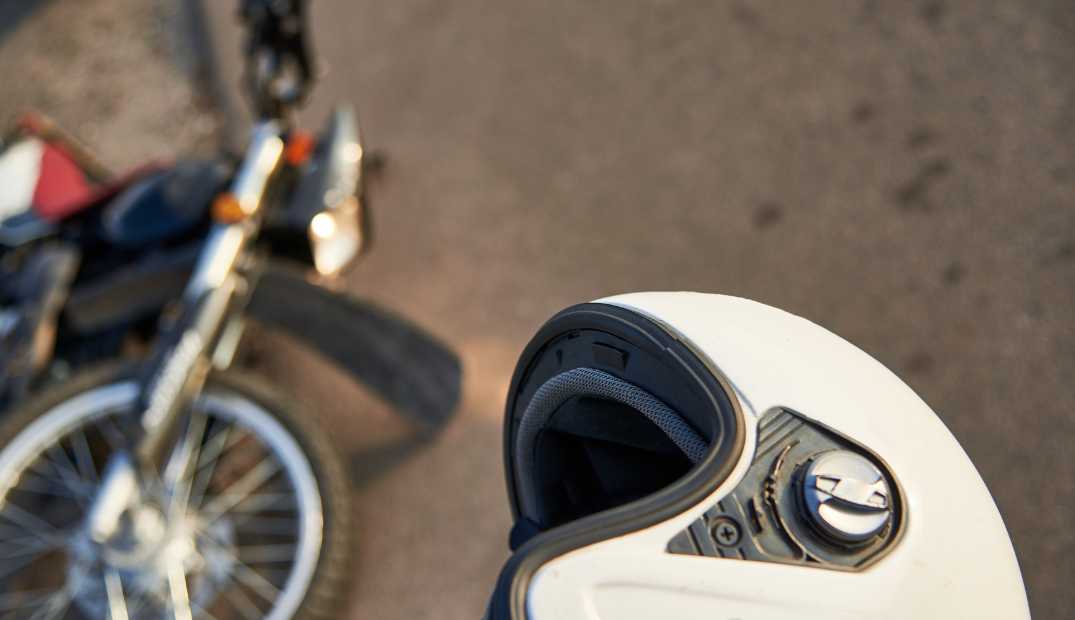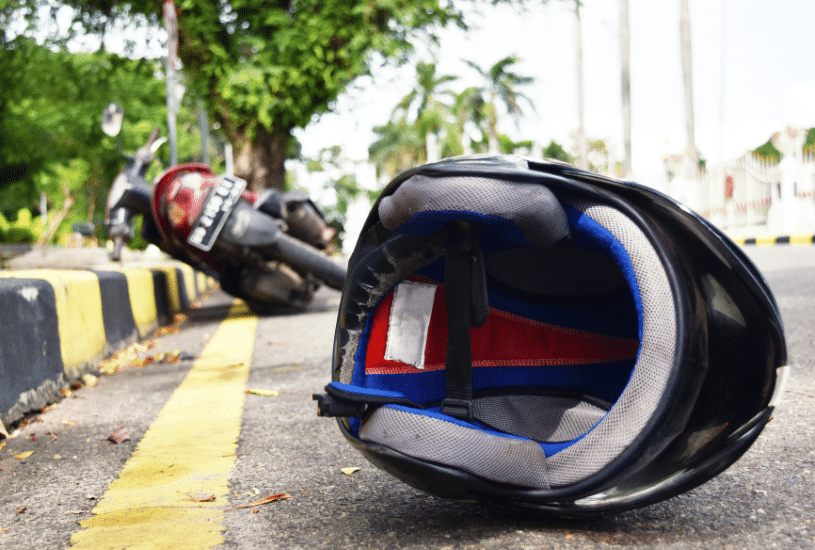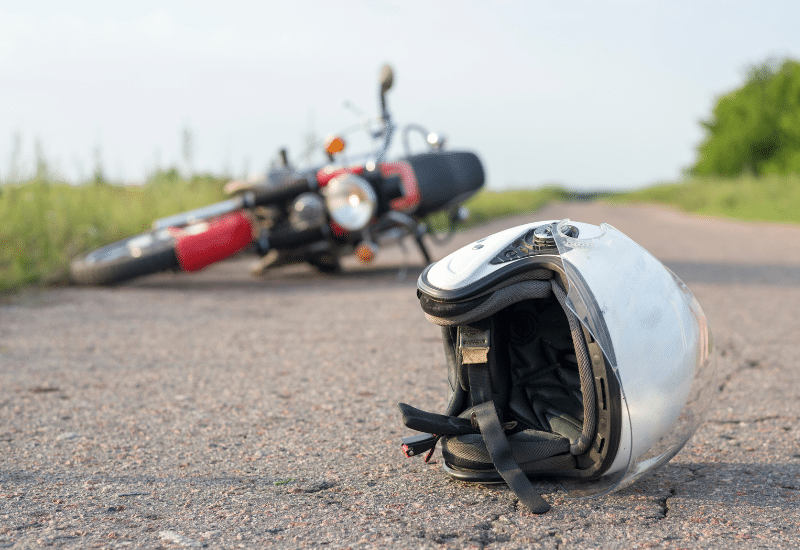
So the worst has happened: You’ve been in a motorcycle accident. It may be small comfort, but you’re far from alone. Negligent drivers cause thousands of motorcycle crashes every year, and those accidents often have devastating outcomes.
After your motorcycle crash, you likely have quite a few questions about what happens next. Here are the most frequently asked questions after a motorcycle crash plus steps you should take immediately following the event.
1. What Should I Do at the Accident Scene?
Call an ambulance immediately if anyone is seriously hurt. Move your motorcycle out of the road if you’re able, and ask the other driver for their insurance information. You’ll need this info to file a claim with their insurance company.
2. Should I See a Doctor?
It’s a good idea to see a doctor, even if you don’t think you’re very badly hurt. You could be in shock right after an accident, making it hard to tell how severe your injuries are.
3. Do I Have to Tell the Police?
You’ll need to tell the police about your accident if anyone died or was seriously injured. You’ll also need to make a police report if property damage exceeds a certain amount (usually $1,000, but this varies by state).
4. How Long Do I Have to File a Claim?
The time of length varies by state. You may have about two years to file a motorcycle accident claim. The statute of limitations is typically much shorter for collisions involving government vehicles. In this case, you could only have six months to make a claim.
5. What if the At-Fault Driver Has No or Too Little Insurance Coverage?
If a driver lacks insurance, you could file a claim with your own insurance company. If you don’t have uninsured/underinsured motorist coverage, you may want to sue the at-fault driver in small claims court.
6. Do I Have to Wear a Helmet?
Helmet laws vary by state. Some states, such as Illinois and New Hampshire, have no helmet laws at all. Others only require riders under a certain age to wear a helmet. Some require a helmet regardless of age.
7. What If I Wasn’t Wearing a Helmet?
The answer to this FAQ after a motorcycle crash depends on your state’s laws. In some states, failure to wear a helmet could affect your motorcycle accident victim compensation. If your state requires you to wear a helmet but you weren’t wearing one, you may not be able to seek damages.
8. What If the Insurance Company Won’t Pay For All My Damages?
If the insurance company offers a low settlement for your medical bills, you could take the other driver to court with a lawsuit. If you win, your award may be higher than the settlement.
9. What Does “Comparative Negligence” Mean?
Comparative negligence is a rule that establishes whether you can seek damages depending on your own liability for the accident. Some states bar you from seeking damages if you’re more than 50 percent at fault.
10. What If the Accident Was My Fault?
Refer to your state’s comparative negligence rules. Even if you were at fault, your insurance company might still pay some damages.
11. Who Pays to Fix My Bike?
If the other driver caused your accident, their insurance would pay to fix your bike. If you were at fault, you’d file a claim with your own insurance company.
12. Should I Hire a Lawyer?
If you want to sue the other driver, it’s smart to hire a lawyer. They can help you establish negligence and represent you if the case goes to trial.
Call Law Tigers for Help With Your Case Today
Have another question after a motorcycle crash we didn’t answer here? Call Law Tigers at (888) 863-7216 to talk to a motorcycle accident lawyer in your area.



